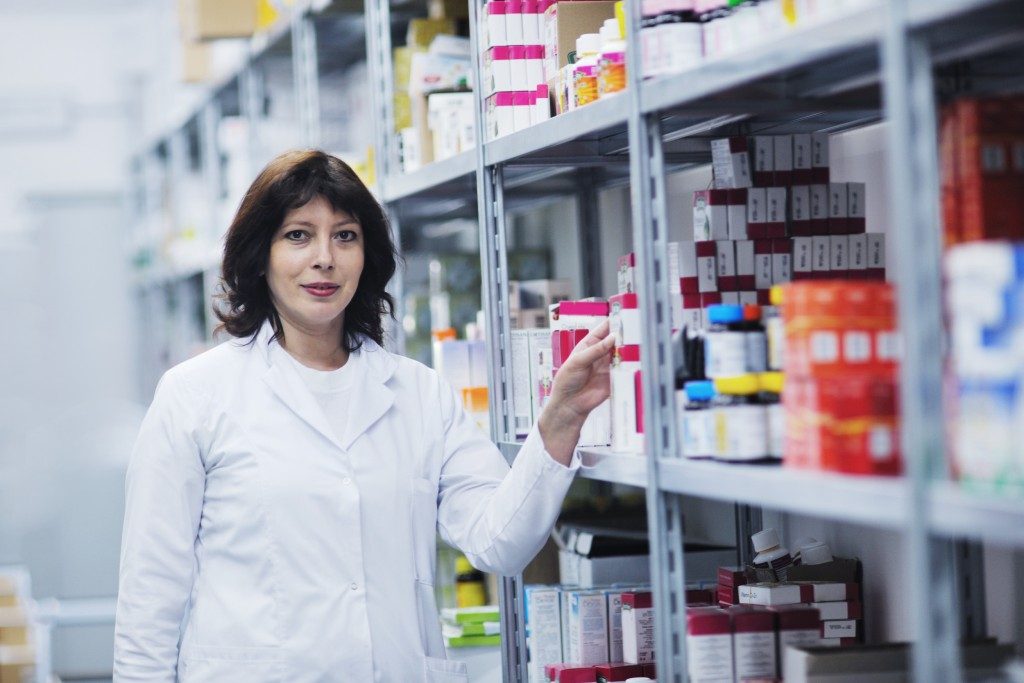These days, drug and pharmaceutical firms manufacture medicines for different ailments. Typically, these are in standard dosages that fit the needs of a wide range of people. However, there are instances when drugs need to be customized for specific conditions. In Brampton, compounding pharmacies can fill a prescription for a particular medicine. This method has found a niche in the modern world.
Traditional Pharmacy Fulfillment
There was a time when pharmacies formulated medicines on demand. Pharmacists are trained in formulating drugs. It can be said that they are specialized chemists. In the old days, neighborhood pharmacists were also called chemists. They had the materials and ingredients in their shop, and they formulated these when a prescription request arrives. Traditional pharmacies had amber bottles in shelves lining the walls. The chemist or pharmacist would make the tablet, powder, ointment, or cream in the shop. These pharmacies practically disappeared and gave way to drug stores where prepared medicine in standard dosages are dispensed.
Drug companies had a lot of advantages going for them. Primarily, they owned the patent to specific drugs. They can manufacture in large volumes and distribute these drugs across the globe. The economies of scale favor the volume manufacture of conventional medicines, like aspirin and antibiotics. For advanced medicines, large pharmaceutical companies have the resources to test the drugs and pass the stringent FDA rules.
Small-scale Production
There is still a need for small-scale custom medicines. Some conditions for these include a custom strength or dosage, a tasty flavor for the drug, and an exclusion of ingredients that can cause an allergic reaction in the patient.
The compounding pharmacy can make the drug in a smaller dosage or a stronger form. They can also reformulate the drug to be a topical cream, ointment, or suppository. However, these medicines must be in the public domain. Patent restrictions prohibit compounding pharmacies from copying the formulations of commercially available products. Compounding pharmacies strictly adhere to these guidelines set by regulating bodies.
Pharmacists are trained in compounding. Pharmacies have tools like beakers, weighing scales, spatulas, ointment slabs, and more. They can be tasked to do non-sterile and sterile preparations. Medicine intended for the eyes or body tissues is prepared under sanitary conditions. Ointments, creams, liquids, and capsules used in areas of the body that do not require sterile conditions are called non-sterile preparations. Regular pharmacies and compounding pharmacies adhere to government regulations regarding their operations.
In the end, compounding pharmacies exist to meet the specific needs of the patient. For most instances, there is no workaround. Preparing the medicines in this manner might seem old-school, but the tools used nowadays are state-of-the-art, allowing pharmacists to work fast. They are also under strict supervision because their medicine is in demand and it would be disastrous if there were a mistake in the formulation. If you need medicine for your illness or disease, be sure to consult a doctor before visiting your local drugstore. You should avoid self-medication. Otherwise, you might make your sickness worse.

